04-06 December 2024
DE NOVO - International Social Work Conference & Student Meet
De Novo, a venture initiated by De Paul School of Social Work started in 2009. The conference is intended to allow discussion and consideration of a wide range of topics related to conference theme. The purpose of conducting such an event is to proclaim the motto "A BETTER WORLD TO LIVE IN."
De Novo 24 International Conference and Second International Emotional Well-being conference in collaboration with Emotional Well-being Institute, Geneva to be held at DiST, Angamaly, Kerala, India from 4 to 6 December 2024 in collaboration with James Cook University, Australia and EWBI Geneva and Academic Partnership with the Catholic University of Eastern Africa and University of Nairobi, Kenya presenting the theme Fostering the Understanding of Emotional Well-being: Leveraging Flourishing and Cohesive Societies. This conference aims to explore the multifaceted nature of emotional well-being across various demographics and within the broader social context. The three-day conference has workshops, Keynote speakers with expertise in various aspects of emotional and social well-being, Plenary sessions and Panel Discussion focused on specific demographics or challenges. It also has paper presentation sessions inviting scholars across the world to share their scholarly work and disseminate knowledge.
This conference will promote opportunities for networking and collaboration among attendees from diverse backgrounds and countries. By exploring these themes, this conference can contribute significantly to the advancement of knowledge and the development of practical strategies for promoting emotional and ecological well-being for all. It will bring together researchers, practitioners, policymakers, and community leaders to foster a comprehensive understanding of well-being and identify strategies for building a more inclusive and emotionally healthy world.







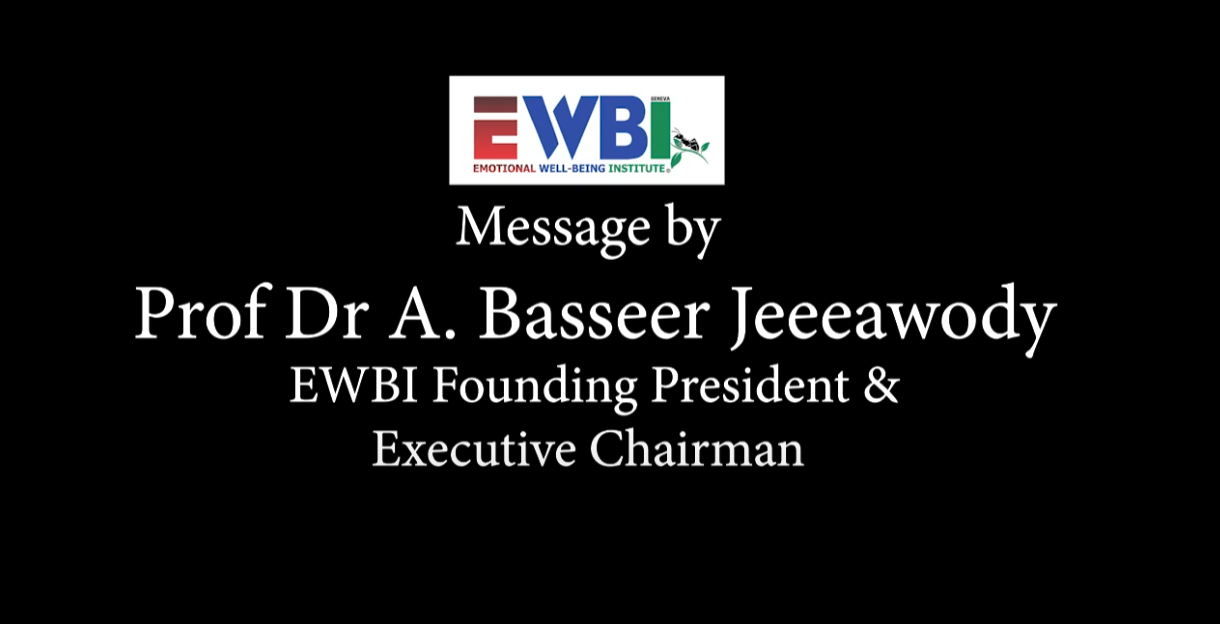

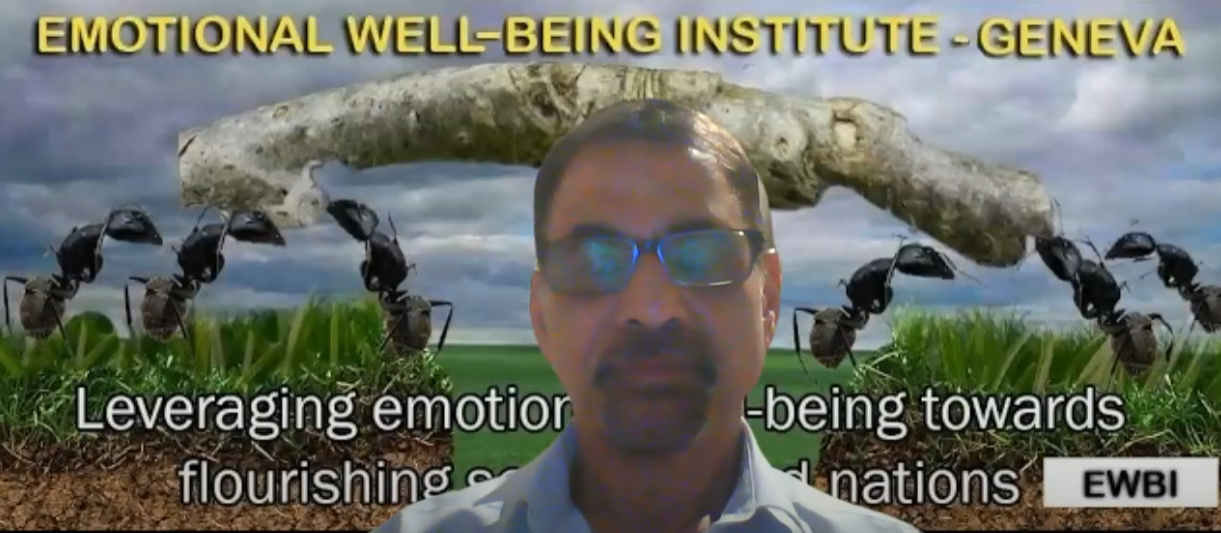














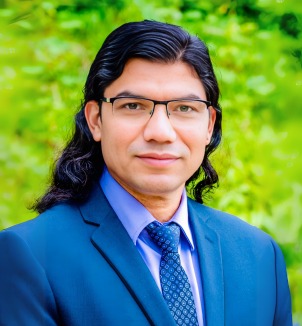


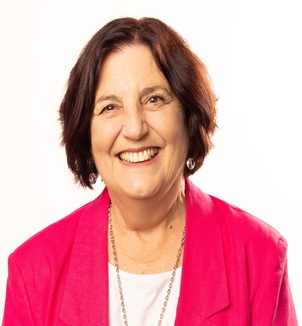
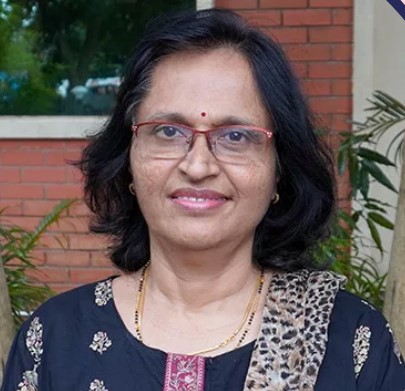
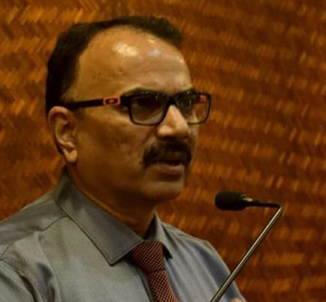


.JPG)
.JPG)
.JPG)
.JPG)
.JPG)
.JPG)
.JPG)
.JPG)
.JPG)




